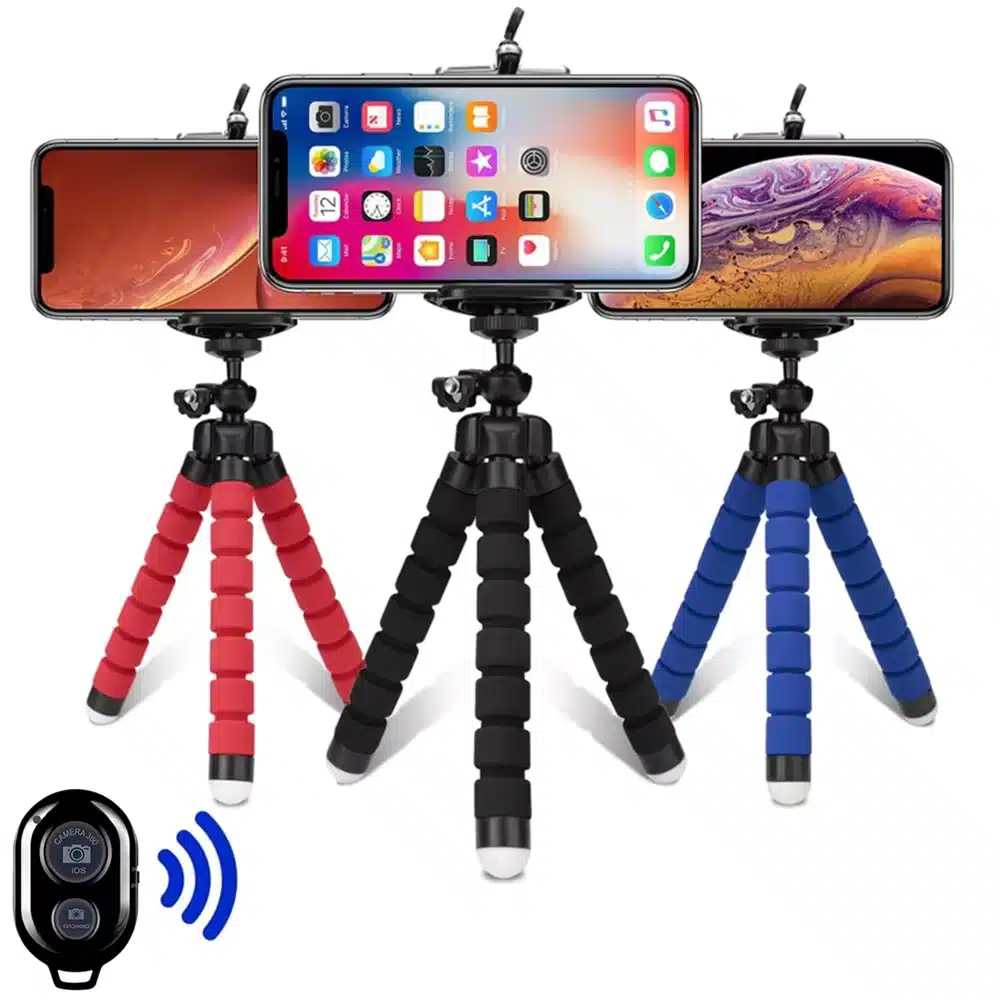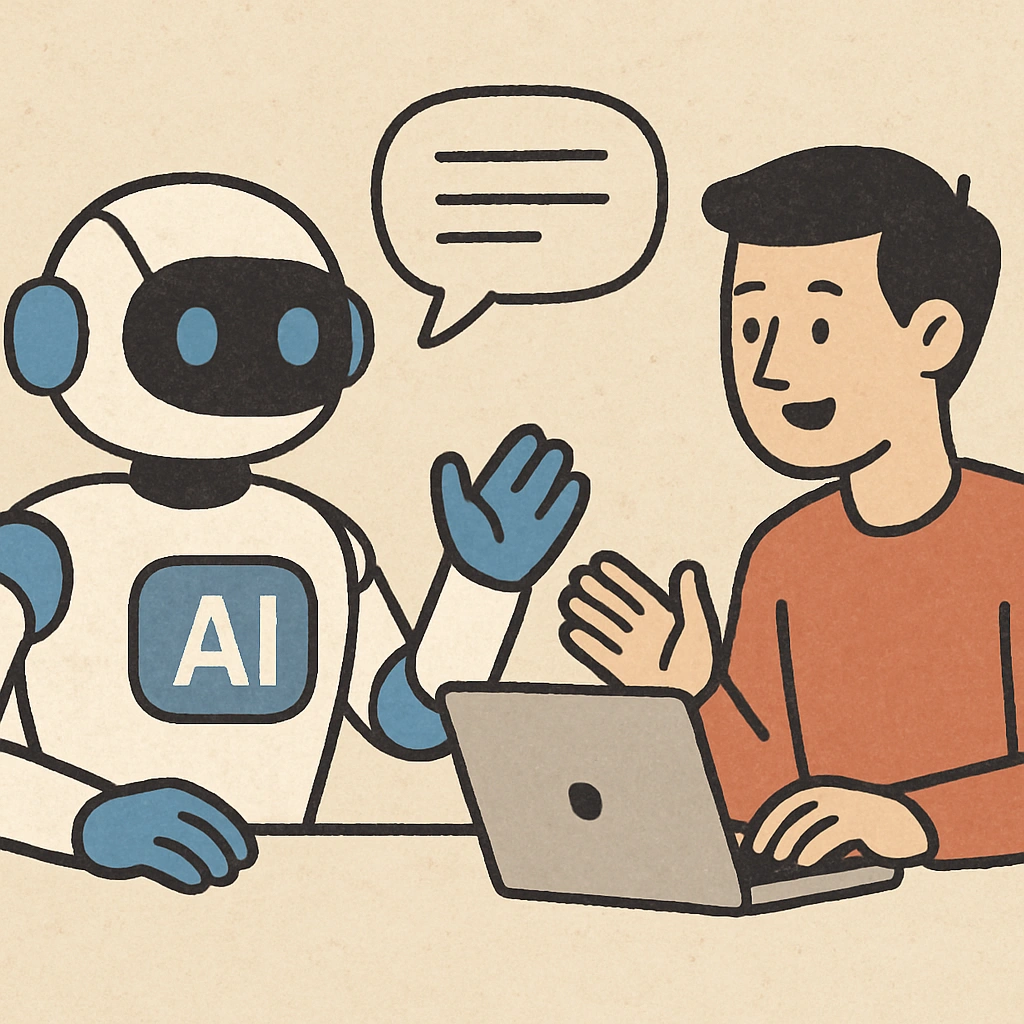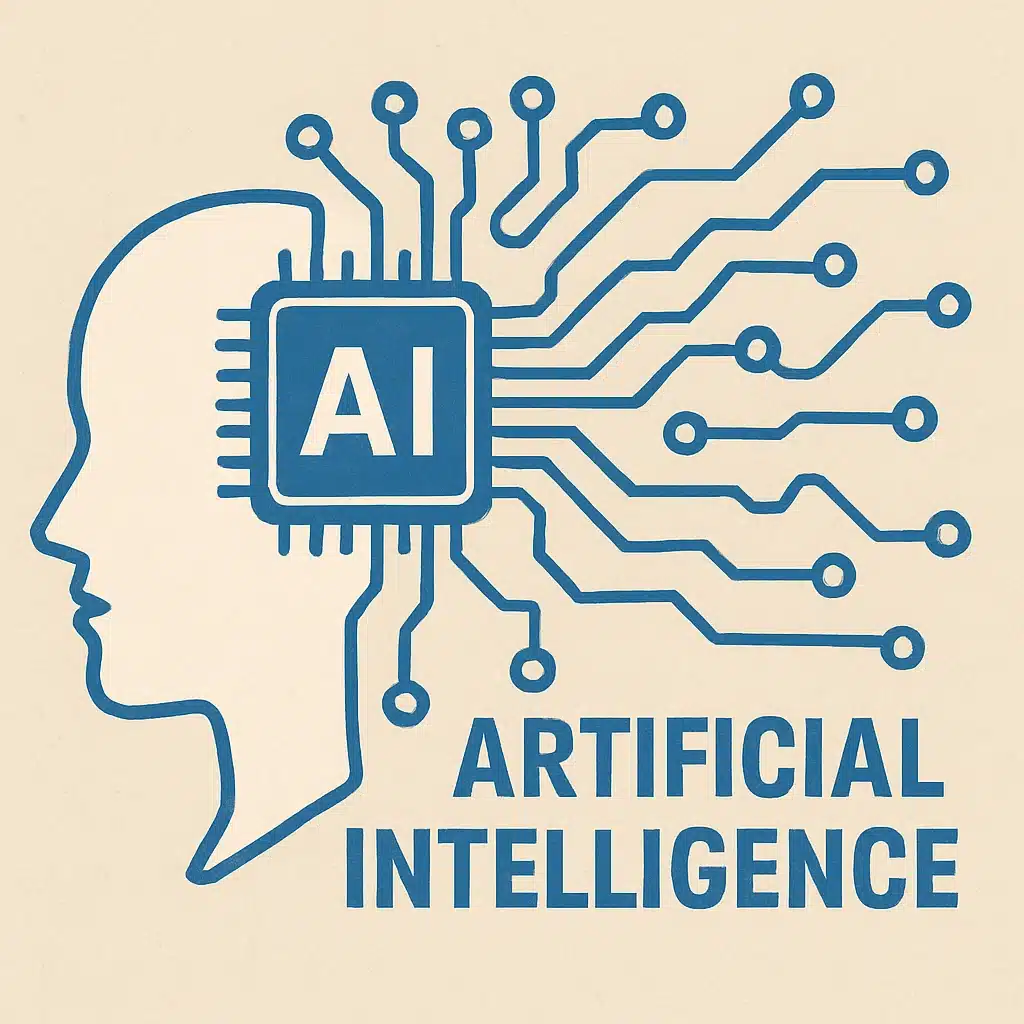The integration of AI robots for kids in 2025 is revolutionizing the way children interact with technology. From fostering emotional well-being to providing personalized educational experiences, these robots are becoming an essential part of a child’s daily life. Whether for learning purposes, emotional support, or simple entertainment, the benefits of having an AI robot for kids are vast.
In this comprehensive guide, we will explore how AI robots are improving children’s lives, how to choose the right robot for your child, and why they should be an essential part of your child’s development.
Why AI Robots for Kids Are a Game Changer in 2025?
AI robots are no longer just futuristic ideas—they are shaping the way children learn and interact with the world. Here are a few reasons why these robots have become so popular:
1. Personalized Education
One of the most important aspects of AI robots for kids is their ability to personalize educational content. Unlike traditional toys or educational tools, these robots are equipped with machine learning algorithms that adapt to a child’s unique learning needs. Whether it’s teaching STEM concepts, helping with homework, or offering language skills, robots like Miko 3 provide tailored lessons to ensure that each child learns at their own pace.
For a deeper look into the Miko 3, be sure to read our detailed Miko AI Robot Review.
2. Emotional and Social Support
AI robots for kids don’t just teach—they also offer emotional support. Robots like Loona can detect emotions and respond accordingly. They offer companionship, help children manage emotions, and even comfort them during stressful moments. This kind of social and emotional intelligence is something traditional toys can’t provide, and it’s increasingly becoming an important part of childhood development.
You can explore more about Loona in our Loona AI Robot Review 2025.
3. Fun and Interactive Learning
Gone are the days when children would learn by simply listening to a teacher. With AI robots for kids, education is now interactive and fun. Robots like Eilik make learning STEM concepts like engineering, coding, and robotics exciting for young minds. Through games and interactive challenges, children develop problem-solving skills, creativity, and critical thinking.
Interested in more interactive robots? Check out our Top Interactive AI Robots for kids.
How to Choose the Best AI Robot for Your Child
When selecting an AI robot for your child, it’s important to consider several factors to ensure it fits your child’s needs. Here are some tips to help you make the right decision:
1. Educational Value
Look for AI robots for kids that offer personalized learning experiences. Robots should be able to teach your child something valuable, whether it’s improving math skills, enhancing literacy, or developing social-emotional learning. Robots like Astro AI offer fun learning experiences while enhancing your child’s academic development. Discover more about Astro in our Astro AI Robot Review 2025.
2. Age Appropriateness
Different robots cater to different age groups. For younger children, you may want a robot that focuses on basic education and fun activities, like Miko or Loona. For older children, robots with more complex features, such as coding lessons and problem-solving tasks, might be a better fit. Make sure to choose a robot that matches your child’s cognitive and emotional development.
3. Emotionally Supportive Capabilities
If your child requires extra emotional support or is struggling with feelings like loneliness or anxiety, robots like Loona can provide companionship and comfort. They can also help children understand and express their emotions in a healthy way.
4. Interactive Features
The best AI robots for kids should be highly interactive. Look for robots that respond to voice commands, offer games, and allow for two-way communication. The more interactive the robot, the better it can engage your child and stimulate learning through play.
Best AI Robots for Kids in 2025: Our Top Picks
After analyzing the features and benefits of numerous AI robots for kids, here’s a list of our top picks for 2025:
| Robot Model | Features | Best For | Link |
|---|---|---|---|
| Miko 3 | Personalized education, interactive games | Younger children, education | Miko AI Robot Review |
| Loona | Emotional support, comforting, responsive interactions | Emotional development | Loona AI Robot Review |
| Eilik | STEM education, coding, hands-on challenges | School-aged children | Eilik Interactive AI Robot Review |
| Astro | Learning support, interactive conversation | All age groups | Astro AI Robot Review |
These robots represent the best of what the AI robots for kids market has to offer. They combine education, fun, and emotional development in a way that traditional toys simply cannot.
How AI Robots Help Children Develop Social Skills
In addition to educational benefits, AI robots for kids also play an essential role in helping children build important social skills. By engaging in interactive conversations, following social cues, and recognizing emotions, these robots can teach children how to navigate social situations effectively.
Some robots even simulate real-life scenarios, such as group discussions or role-playing, which helps children practice how to interact with others. As children become more comfortable with these robots, they often improve their communication skills and learn how to express themselves in healthy ways.
FAQ: Everything You Need to Know About AI Robots for Kids
Q: Are AI robots safe for kids?
A: Yes, AI robots for kids are designed with safety in mind. They are made from child-friendly materials and come with robust safety features to prevent harm.
Q: Can AI robots replace human interaction for kids?
A: No, AI robots are designed to complement human interaction, not replace it. They provide emotional support and learning assistance but should not be viewed as substitutes for human relationships.
Q: What are the best age groups for AI robots?
A: Most AI robots for kids are designed for specific age ranges. For younger children, look for robots like Miko that offer interactive learning. For older children, robots with more complex features like Astro or Eilik may be more suitable.
Conclusion: The Future of AI Robots for Kids
In 2025, AI robots for kids are more than just a passing trend—they are shaping the future of education, emotional well-being, and social development. These robots are not just tools—they are companions that help children grow in meaningful ways. Whether you’re looking to improve your child’s learning, provide emotional support, or simply entertain them, there is an AI robot out there that can meet your needs.
For more information on the top AI robots for kids, be sure to explore the following pages:

 AI Bot Tech Hub
AI Bot Tech Hub






